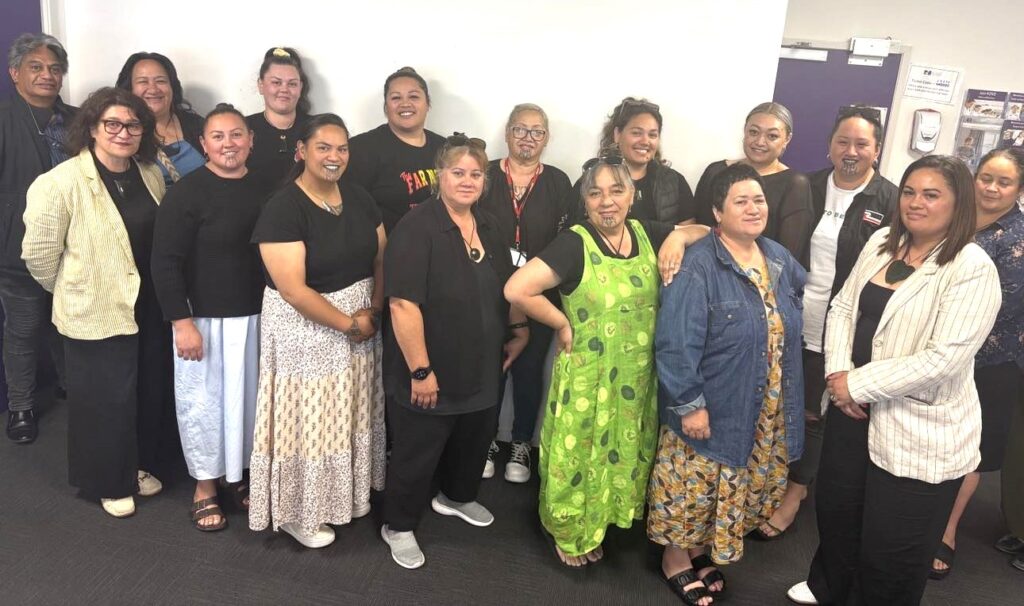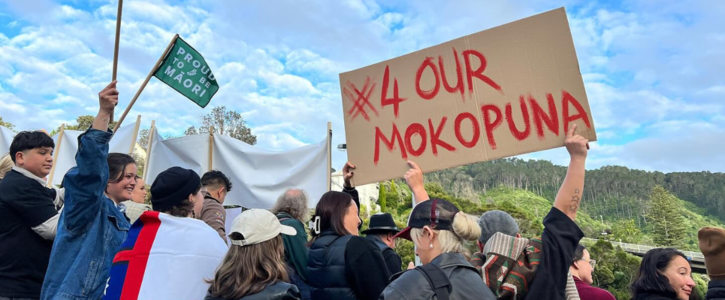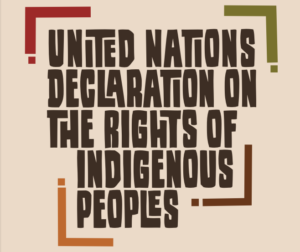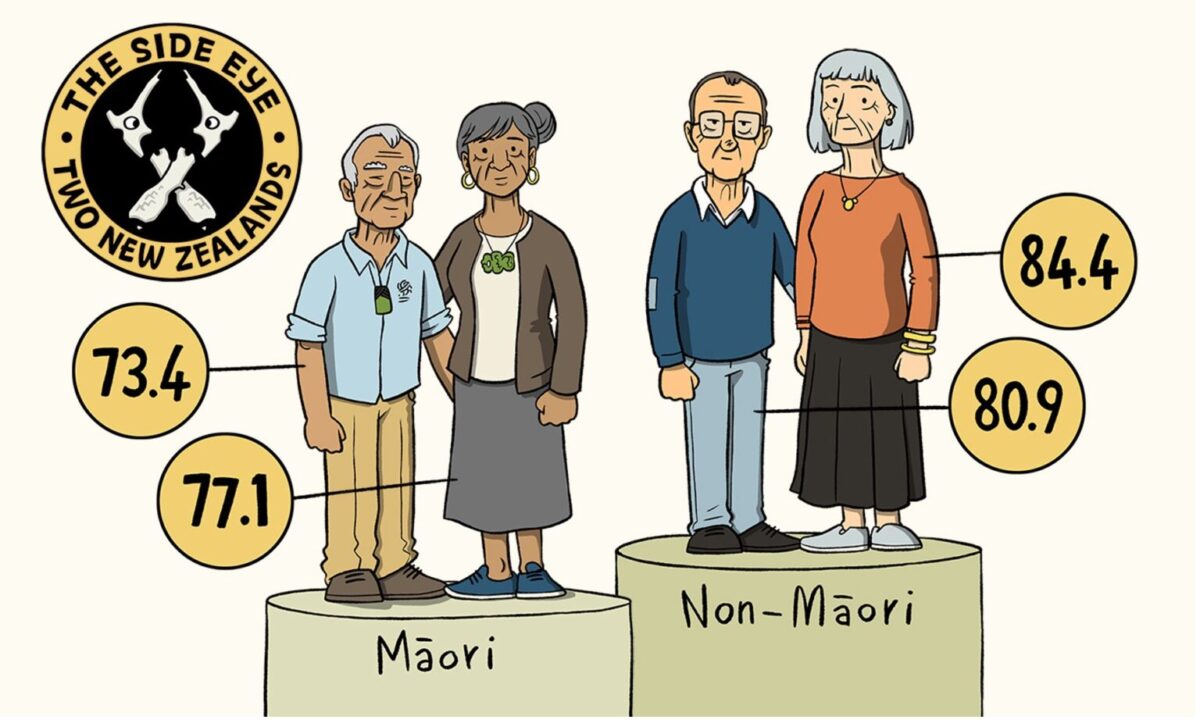Kerri Nuku – the kaiwhakahaere for the tāngata whenua arm of NZNO-Tōputanga Tapuhi Kaitiaki o Aotearoa – said the organisation has lodged its submission against the Principles of the Treaty of Waitangi Bill. Submissions on the Bill closed today.

“Māori are living seven years less than non-Māori – that’s a fact,” Nuku said.
“The makers of this Bill are saying it will make our nation more equal, but equal rights cannot be legislated for if there isn’t an even playing field to build from.
“Treating everyone the same will not close the shameful life expectancy gap between Māori and non-Māori in this country.
“Tangata whenua actually need curated attention and action to get where non-Māori are right now.”
NZNO represents more than 60,000 nurses, midwives, kaiāwhina and health-care workers – about 4000 of whom identify as Māori.
NZNO highlighted a number of concerns in its submission about the Bill.
Māori nurses

NZNO believes the Bill will prevent Māori nurses from providing tāngata whenua with culturally appropriate health care that helps them navigate through the Aotearoa New Zealand health system, which has been found to be systemically racist.
“Without this assistance, Māori will continue to suffer poorer health outcomes and lead sicker and shorter lives than other New Zealanders,” said Nuku.
“Māori nurses have been key to building up Māori and iwi-led health services that deliver culturally safe care to our communities.
“The effectiveness of Māori and iwi-led health services have led to improvements in whānau health and this was evidenced during the Covid pandemic when Māori providers were vital to boosting Māori immunisations rates, further protecting all New Zealanders.”
Iwi-Māori Partnership Boards (IMPBs)

NZNO believes the Bill undermines the IMPBs, despite the coalition Government recognising the value in them.
“Minister of Health Dr Shane Reti has said he is committed to IMPBs and has said they are part of his ‘long-term vision for Māori health’ and will ensure Māori voices are heard in health decision-making.
“But under this Bill, Dr Reti’s vision will be in jeopardy.”
Equal human rights
NZNO stated in its submission that it has already been proven that Māori are more likely to suffer heart disease, cancers, diabetes and mental health issues. Research has found timely access to health care is a key issue.
The report also found that Māori nurses providing culturally safe practices are more likely to identify the risk of preventable illnesses, enabling early intervention and saving the health system money.
“The previous Government setup Te Aka Whai Ora in 2022 to reduce and eventually end Māori health disparities. One of the first acts of the coalition Government was to disestablish the Māori Health Authority on the basis it was special treatment.
“But Te Aka Whai Ora was designed to make health outcomes more equal.”
Racial discrimination in the health sector

NZNO also reminded Parliamentary select committee in its submission about the report by the Ministry of Health which identified Māori as having the highest rate of racial discrimination in the health sector; and another report that found there was institutional racism in the health system that had seen Māori receive poorer quality of health-care.
Furthermore, the Human Rights Commission has identified under-representation of Māori in the health workforce as structural discrimination. Māori currently represent about 7 per cent of the nursing workforce despite Māori being 18 per cent of the population.
“Māori have never had equal treatment in the health sector and need additional and culturally appropriate support to have the same access and outcomes as other New Zealanders,” said Nuku.
“Therefore this Bill, which states ‘everyone is entitled, without discrimination, to the equal enjoyment of the same fundamental human rights’ is nonsensical.”
Pae Ora Act
The Pae Ora (Healthy Futures) Act 2022 is the Government’s legislated aim for health-care service provision.
It references Te Tiriti nine times and principles 16 times. Those principles are both Treaty principles and health sector principles which include “ensuring Māori and other population groups have access to services in proportion to their health needs” and that the health sector should take measures to “protect and improve Māori health and wellbeing”.
“This Bill is contrary to the Pae Ora Act and the United Nations’ Declaration on the Rights of Indigenous Peoples,” said Nuku.
Where to from here?
NZNO, and Māori nurses in particular, are in a unique position, said Nuku.
“They witness every day the inequities in the health sector which make Māori more likely to suffer from preventable illnesses, comorbidities and shorter life spans.
“Te Tiriti provides a foundation to help fix the serious and dire problems faced by Māori.
“Tāngata whenua have faced generations of systemic racism in the health sector. This means they are less likely to seek medical care when they are sick and more likely to drop out of the health system altogether,” said Nuku.
NZNO is awaiting a response about its request to also be heard verbally on its submission.


